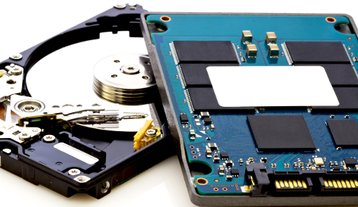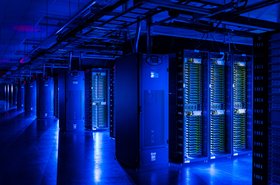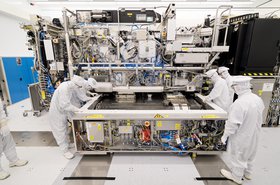Hard disk drives (HDDs) are seven times cheaper than solid disks (SSDs), and have plenty more growth and development in them, says Toshiba.
The comments from Rainer Kaese, senior manager, HDD Business Development at Toshiba Electronics Europe, contradict claims from the SSD industry that hard drives will be obsolete in five years.
Kaese told Blocks and Files: “HDDs maintain a gap in cost per capacity with flash storage of around a factor of seven… HDDs may reach 40 or even 50 terabytes without approaching comparable costs with flash storage.”
As long as more density can be put on the platters, a hard drive costs the same amount to make, he argues, so cost per TB will go down as capacity goes up. Kaese says that cheap storage will fill automatically.
HDDs are potentially better for the environment, as they are more recyclable, forming part of a circular economy. They are largely made of aluminum and copper while SSDs contain more PCBs, chips, and plastic.
Aaron Klotz at Tom's Hardware says Kaese is exaggerating the price difference: "The cost of SSDs today is nowhere near the '7X' multiplier Kaese suggested. Most SSD prices currently are around three to four times more expensive than hard drives. It's possible that some enterprise-grade SSDs cost seven times as much as their hard drive counterparts, but that is not the norm."
In May, Pure Storage's VP of R&D Shawn Rosemarin from Pure Storage told Tom's Hardware that hard drives could go extinct in 2028, as manufacturers would simply cease because the power demands of HDDs would no longer be justifiable.
Klotz doesn't believe that either: "As far as we can tell, nothing is stopping hard drives from becoming more advanced and capable as long as manufacturers invest R&D dollars."




